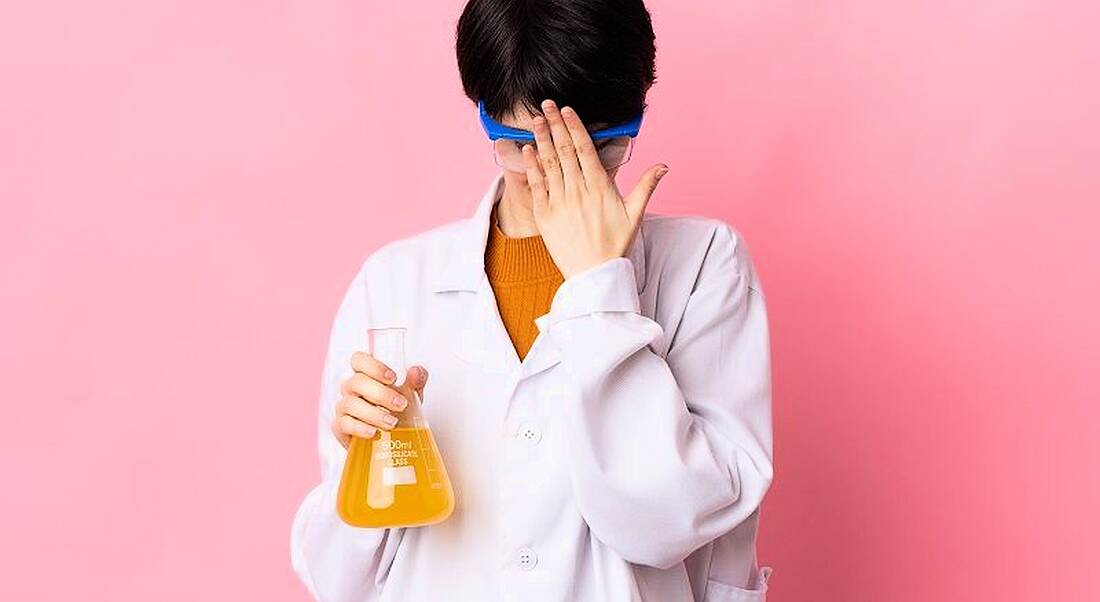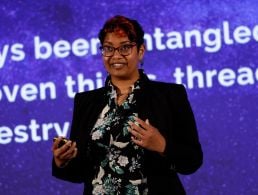At Future Human 2020, J&J’s Anna Rafferty and Leah O’Keeffe talked about the WiSTEM2D programme and imposter syndrome experiences.
When it comes to the topic of women in STEM, the issue commonly called ‘imposter syndrome’ is often brought up. While the notion that you’re far above your station in the workplace is common for everyone, it is particularly common among women in this field.
This makes it even more challenging to encourage more women and girls to take up STEM careers in a heavily male-dominated space. At Future Human 2020, Anna Rafferty and Leah O’Keeffe of Johnson & Johnson took part in a breakout panel to discuss the company’s WiSTEM2D programme and more generally about the opportunities that come to women pursuing a STEM career.
Launched in 2015, WiSTEM2D stands for Women in Science, Technology, Engineering, Maths, Manufacturing and Design. The programme aims to fuel development of the women in STEM pipeline by offering awards and sponsoring them at critical points in their careers.
Rafferty, who is director of strategy at Johnson & Johnson Ireland, said that the programme aims to show girls the breadth of careers and opportunities available in a career in STEM.
“Perhaps … you’re struggling to really visualise what a career in STEM might look like. At Johnson & Johnson, we are really committed to ensuring that more women really enter some of these subjects to study them at university and then, very importantly, to follow careers in STEM.”
Figures have previously shown that only 25pc of those working in STEM are women, which Rafferty described as being “very low”.
“Through our programme, we give people mentors one-to-one,” she said. “You can really see what it’s like to have a STEM career and we walk people around some of our manufacturing sites so that you can really see what a job in STEM looks like as well.”
‘It’s so, so normal’
During the session, one of the audience members asked whether either Rafferty or O’Keeffe – an associate on the Global Operations and Leadership Development (GOLD) programme at Johnson & Johnson Ireland – had experiences of imposter syndrome.
For O’Keeffe, she said this was not an unfamiliar experience. “I don’t think there’s a day that’s gone by since I started working that I haven’t had imposter syndrome,” she said. “When I got given the job at this graduate programme, the only thing I could think when I started, because I found everything so hard at the start, was: ‘Oh my god, they’re going to realise that I managed to fool them for that 15-minute interview and that I’m not half as good as they think I am’. I think it’s so, so normal.”
Offering some advice, Rafferty said: “Women are very, very hard on themselves and we really do need to have confidence in our ability as well.
“I think it’s just about believing in yourself and having confidence in yourself. I think also for women, I’ve really found that having a sponsor and a mentor really, really helps during your career; to have somebody who has your back and somebody that you can talk to. I think [this] is very important for women.”




